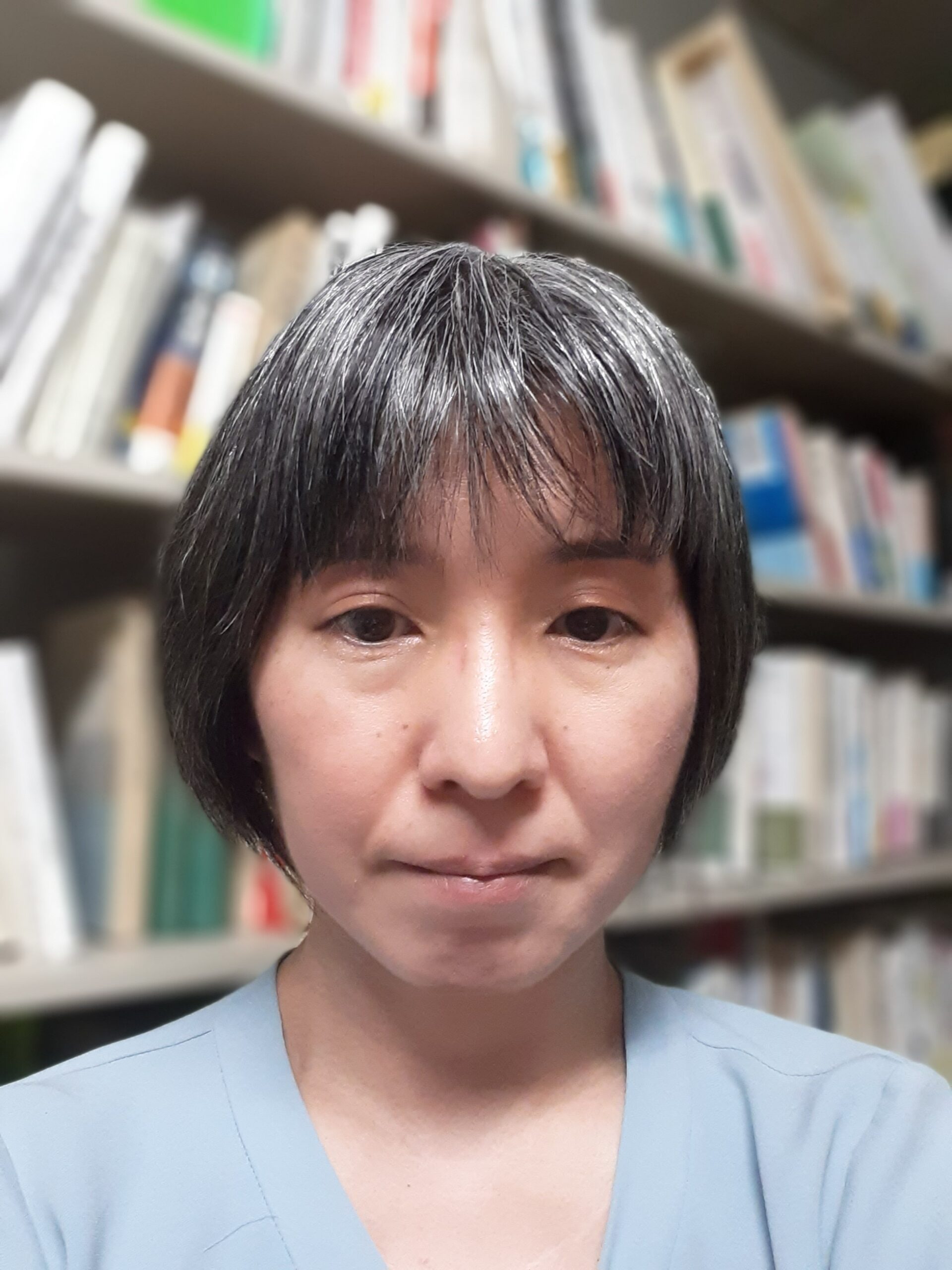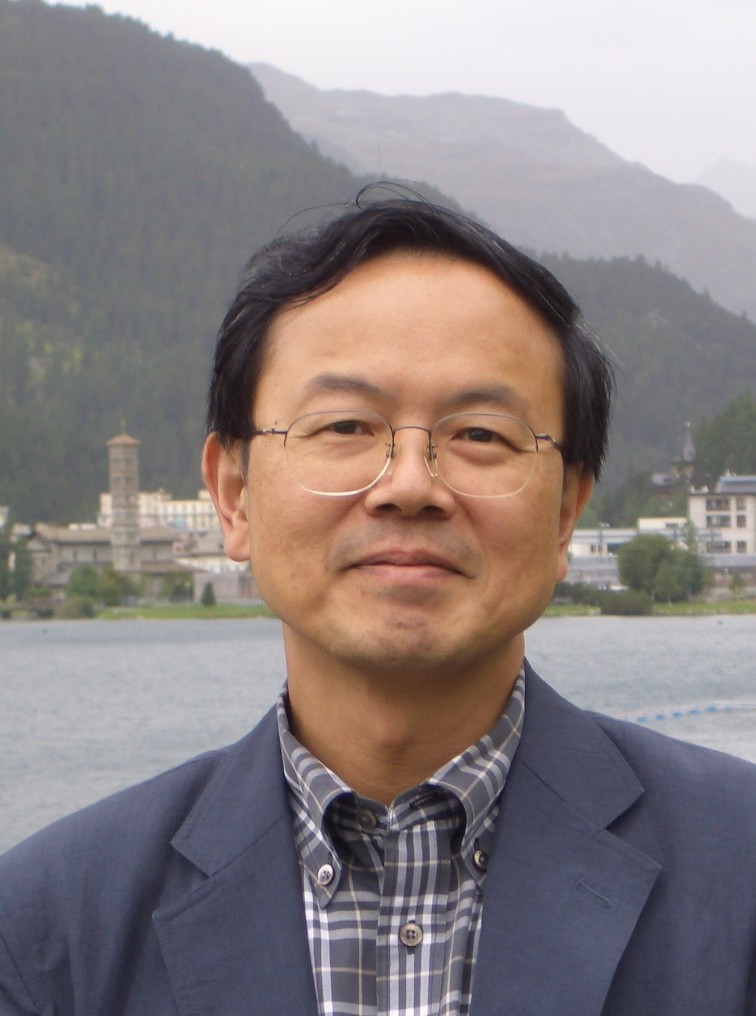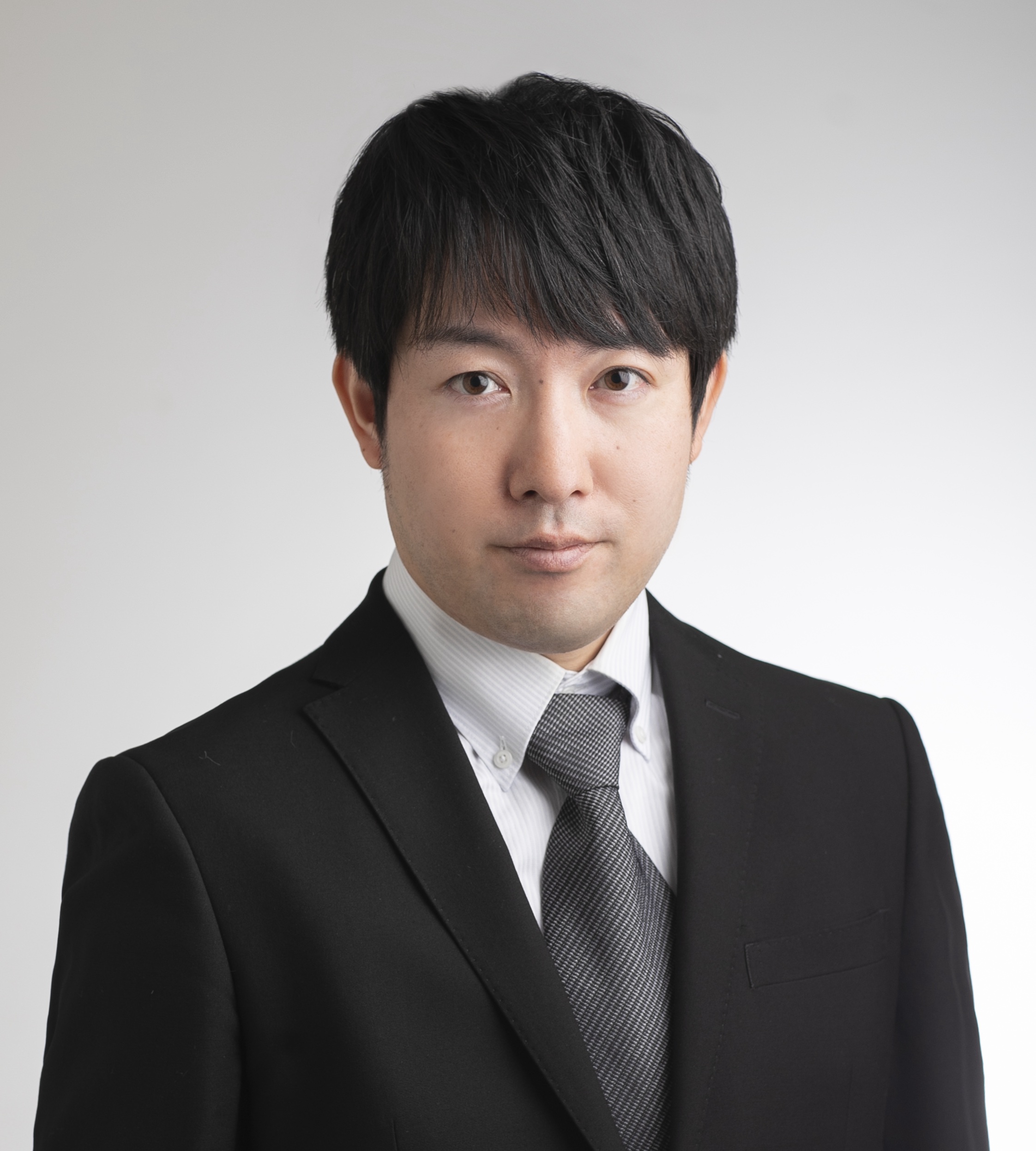Concepts and History
Philosophical and ethical exploration of dignity and human rights
This study explores the philosophical foundations of dignity and human rights by analyzing past philosophical and ethical thoughts on the significance and value of individual existence, thereby elucidating the practical significance of dignity and human rights in contemporary society. To achieve this objective, the project adopts the following two approaches. The first approach is a conceptual-analytical approach, primarily focusing on the practical philosophy of the 18th-century German philosopher Immanuel Kant. In the Groundwork for the Metaphysics of Morals, Kant posits the imperative that “all persons must be treated not merely as means but also as ends in themselves,” leading to the conclusion that every person possesses an absolute value called dignity. This formulation significantly influenced the modern concept of dignity. This study examines how dignity is grounded in Kant’s philosophy, and its practical implications. Dignity is originally a moral concept, but since World War II it has been treated as a legal concept and the ground for fundamental human rights in documents such as the “Universal Declaration of Human Rights” and the constitutions of many democratic countries. Considering this development, this study aims to assess the validity and limitations of contemporary debates by elucidating and comparing Kant’s moral and legal philosophy. The second is a diachronic and comparative approach. It examines how the absolute value of dignity and human rights has been perceived and justified through the thoughts of ancient and medieval philosophers and schools such as Socrates, Plato, Aristotle, the Stoics, Augustine, and Thomas Aquinas, as well as modern and contemporary philosophers such as Hobbes, Locke, J. S. Mill, Rawls, Habermas, Levinas, Arendt, and Nussbaum. This study explores the roles of these concepts in society and clarifies the importance and practical significance of dignity and human rights in contemporary society.



